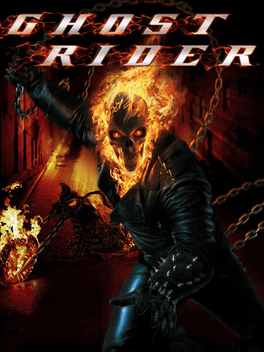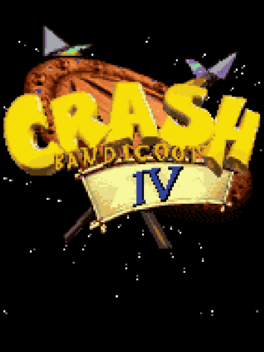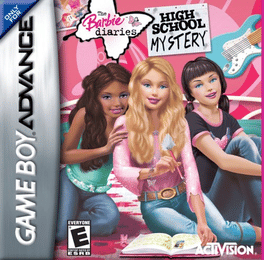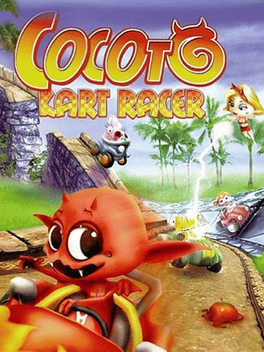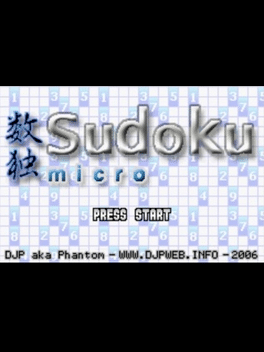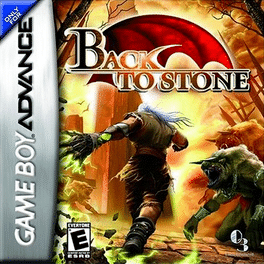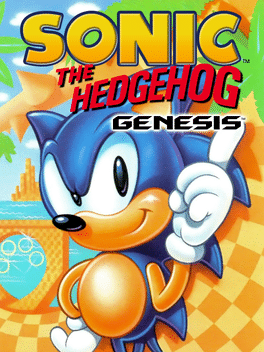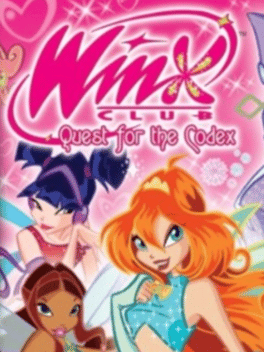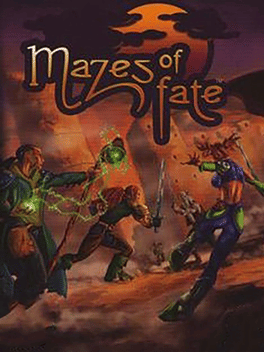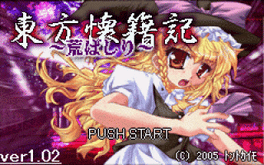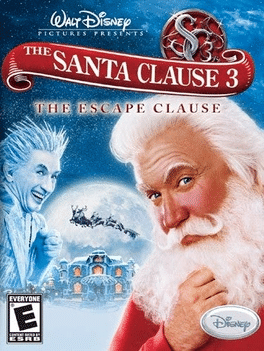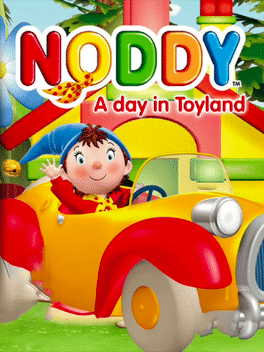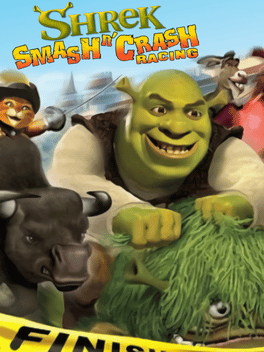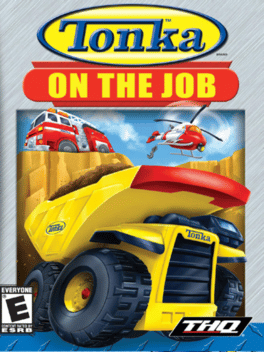New Gba Games - Page 19
-
Ghost Rider
2007
Ghost Rider
2007
The Ghost Rider feature film follows superstar motorcycle stunt rider Johnny Blaze as he strikes a deal with the vile Mephistopheles for the most precious of commodities - his immortal soul. Now Johnny Blaze is forever destined to ride night after night as the host to the powerful supernatural entity known as the Ghost Rider. The video game continues the storyline, dropping players into the role of Blaze as he is transformed into a super hero with powers to avenge any evil he encounters. Featuring many of the characters and motorcycles from the comic book and movie, Ghost Rider engages gamers in an immersive, supernatural third person world with a seamless blend of hand-to-hand combat and high-speed motorcycle action. -
Crash Advance IV
2006
Crash Advance IV
2006
Crash Advance IV is a bootleg 2D platformer game for the Game Boy Advance based on the Crash Bandicoot series. The game uses the Digimon Adventure engine. -
The Barbie Diaries: High School Mystery
2006
The Barbie Diaries: High School Mystery is a game based on the 2006 movie The Barbie Diaries. The game is set in Barbie's high school where valuable items for the high school charity auction have gone missing. By locating these Barbie cannot only help the school, but it will also help her land the TV anchor position currently held by Raquelle, a girl she does not like. -
Cocoto Kart Racer
2006
-
Sudoku Micro
2006
-
Meine Tierklinik in Afrika
2006
My Animal Centre in Africa is a Strategy game, developed by Zeal and published by Koch Media, which was released in Europe in 2006. -
Back to Stone
2006
Back to Stone
2006
Back to Stone follows the adventure of the unwitting subject of horrible magical experiments. Following the conquest of his world by a race of demons, the hero became a guinea pig for the demons. Now a hybrid, half demon, half human; in exchange he has gained the ability to transform flesh to stone with his hands, making him one of the few on the planet capable of defeating the demons on their own terms. -
Dragon's Rock
2006
Dragon's Rock
2006
Twins Julia and Julius are about to take their great dragon test! They can expect lots of tasks and adventures along the way. -
Backyard Sports: Basketball 2007
2006
Hit the court with NBA superstar Paul Pierce and other basketball heroes as kids-Shaquille O'neal, Allen Iverson, Tracy McGrady, Yao Ming, and more. Full court basketball sim with arcade action, Backyard Basketball 2007 features spectacular new graphics, interactive backgrounds, and realistic gameplay with season mode, stats, minigames, unlockables, and tons of surprises. The best selling kid's basketball videogame of all time, Backyard Basketball 2007 is the only one to hold the National Basketball Association license. -
Sonic the Hedgehog Genesis
2006
star 6.6In honor of its beloved mascot's 15th birthday, SEGA brings the game that started it all to GBA Sonic The Hedgehog. The game will feature two new additions to the classic 1991 debut, including Sonic's famous Spin-Dash move and a new save ability. Burst the videgame speed barrier wide-open with Sonic the Hedgehog. Blaze by in a blur using the super sonic spin attack. Loop the loop by defying gravity. Plummet down tunnels. Then dash to safety with Sonic's power sneakers. All at a frenzied pace. Sonic has an attitude that just won't quit! -
WinX Club: Quest for the Codex
2006
Welcome to the magical world of Winx Club where players can explore a wide range of new characters, interactive environments and fun mini games that incorporates the fashion, friendships, and magic of the Winx Club world. Players will be able to enjoy a simple, social and fun game experience that is designed specifically for girls 6-11. DS version includes exclusive mini games that utilize the Nintendo DS touch screen. Dance, fly and sing in fun mini-games for each member of the Winx Club. Earn new clothing, accessories and items to customize your character. Trade items with other players to complete the perfect look. -
Mazes of Fate
2006
Mazes of Fate
2006
Mazes of Fate is a real-time first-person role-playing game in which the player takes controls of up to three characters. -
The Santa Clause 3: The Escape Clause
2006
Can you help Santa and his elves stop Jack Frost from wreaking major holiday havoc? You'll have to overcome treacherous falling icicles, evil snowmen, powerful gusts of wind and lots of other obstacles. Take to the skies with Santa in his sleigh and battle the elements to deliver gifts to good boys and girls (and coal to the naughty.) Also included are puzzle-based challenges where you must help Santa's elves build toys in time for Christmas. -
Superman Returns: The Videogame
2006
Superman Returns: Fortress of Solitude for the Game Boy Advance is a puzzle game spin-off of Superman Returns: The Videogame, released in 2006. In this version, gameplay centers around solving crystal-themed puzzles—like a Sudoku variant called “Kryptonex”. -
Superman Returns: Fortress of Solitude
2006
Inspired by the Warner Bros. Pictures feature film and more than 60 years of DC Comics' lore. As the Man of Steel, you’ll hone your unworldly super powers such as Flight, X-Ray Vision, Heat Vision, Super Hearing, Super Strength, Super Speed, and Super Breath to fight villains that only Superman can defeat. -
Noddy: A Day in Toyland
2006
Noddy wakes up in his colourful building block house and starts his day with a smile. Driving around Toyland he meets several friends who are in need of help -and Noddy is always willing to lend a hand. Play and interact with Noddy and other favourite characters from Toyland including Big Ears, Mr. Sparks, Miss Pink Cat, Tessie Bear, Dinah Doll, Martha Monkey and Mr. Wobbly Man. Visit Big Ears or help Mr Sparks locate his tools or find Tessie Bear's dog and help her make delicious strawberry ice cream. -
Tonka: On the Job
2006
Tonka: On the Job
2006
Tonka: On The Job is an Action game, developed by Webfoot Technologies and published by THQ, which was released in 2006.

